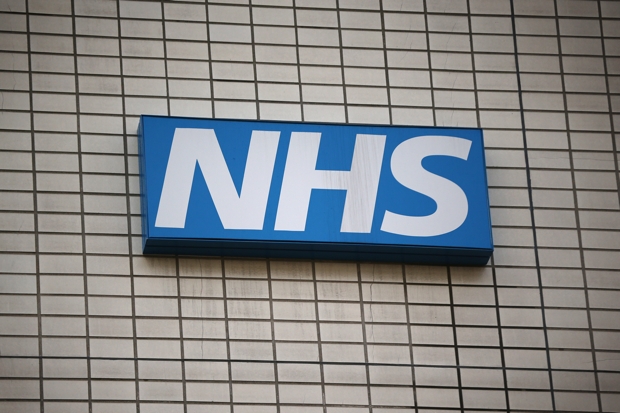The whose-fault-is-the-NHS-crisis game has taken some strange twists and turns this week, with the debate bouncing from patients costing the health service £1bn last year to Jeremy Hunt having to apologise to patients for cancelling their non-urgent procedures as a result of the increased pressures on hospitals. Political debate tends to prefer black-and-white and easily identifiable scapegoats, but the health service is too complex for that.
Take the missed appointments story. Yes, patients failing to turn up cost the health service a staggering amount. But who are those patients? It turns out that the most likely people to do what the NHS classes as a ‘DNA’ (did not attend) are new mothers with psychiatric appointments, with two DNAs for every five who did turn up. This makes it slightly harder to argue that patient laziness is at the core of the DNA bill: sure, a mother who has ended up with a psychiatric appointment is probably in great need of help, but she may be too ill to be able to recognise that herself, or too rushed off her feet because she has a new baby (which tends to rush any new mother off her feet to the extent that she delays things which would help her own wellbeing in favour of helping her newborn child).
DNAs are a particular feature of wider psychiatry for the same reasons: sick people sometimes can’t get themselves out of bed and onto a bus and into a hospital waiting room. They also sometimes lack the insight into quite how sick they are. If the appointment is somewhere that requires a fair bit of travel, or is at a tricky time of day, a person with serious mental health problems might be tempted to miss it because they’re actually struggling to motivate themselves to take a shower, let alone leave the house.
I spoke to Dr Trudi Seneviratne, who is the chair of the perinatal faculty at the Royal College of Psychiatrists, and she added that stigma is still a serious obstacle to new mothers getting help: ‘A significant fear for women with mental health problems is that they are deemed as incompetent mothers and that a referral to social services will result in separation from their baby. I’m convinced that once we’ve addressed mental health stigma, many vulnerable patients will get the reassurance they need to seek the right treatment, and attendance will increase.’
What else can the health service do? Should all patients be fined for failing to turn up? There have been numerous ‘nudge’ techniques deployed to discourage DNAs, such as reminder text messages which include details of how much the appointment costs to the NHS, but that’s clearly not enough. It’s tempting to explore fining patients who don’t turn up, but this is why it’s important to consider the cases of DNA in psychiatry, because money troubles are quite common for people with mental health problems anyway, and are also often a significant exaggerating factor for an illness. So would fining a mentally ill woman for missing her appointment actually save the NHS money in the long run, or cost it more when she then develops more acute problems?
Perhaps the solution is for there to be more flexibility in where and how appointments can take place, such as home visits or appointments by video call. But that will cost more money, which brings us back to another question in the whose-fault-is-this-crisis debate: funding. And that, presumably, is why Jeremy Hunt has decided to respond to the crisis by calling for a new ten year plan for funding for the health service.







Comments